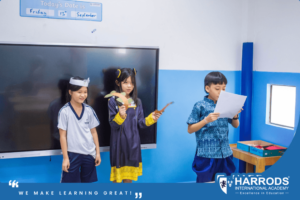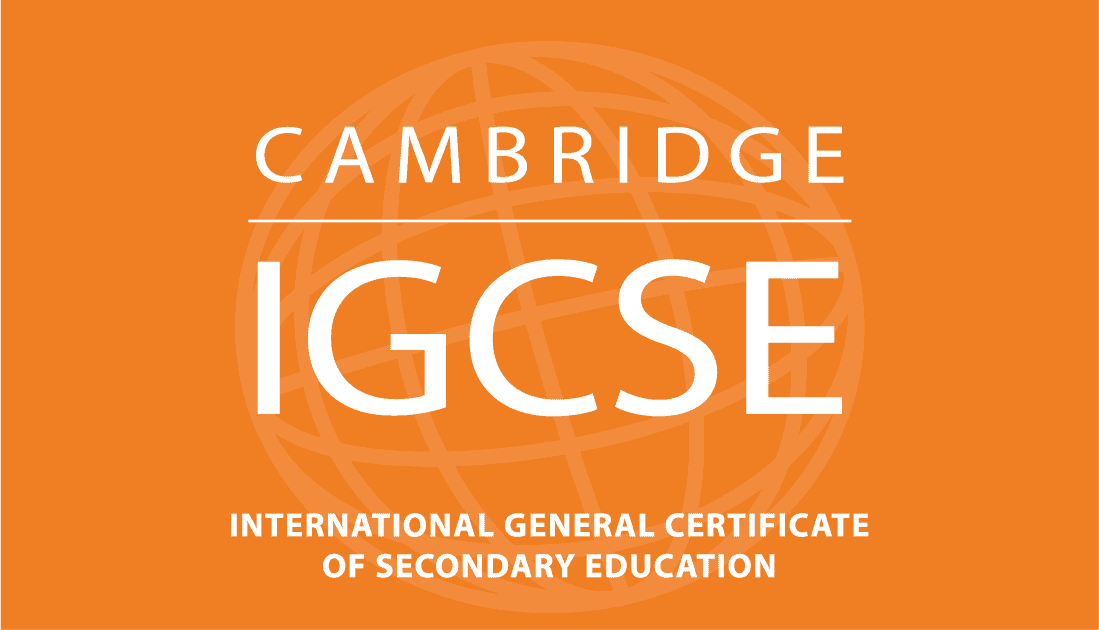Table of Contents
Imparting primary life skills is critical for your kid’s holistic growth. Some important life skills for students include emotional intelligence, solving challenges, and resilience. Teaching children these empowers them to face life’s problems confidently. Accepting failure as an opportunity for growth is critical for personal development. Below are 5 strategies parents can adopt to assist their children in handling failure:
Promoting a Growth Mindset by Boosting Perseverance
Cultivating a progressive outlook in children is essential to build endurance. Parents can help their kids gain these life skills by implementing the following practices:
- Embracing Challenges as Opportunities:
Recognising setbacks as new chances helps kids adopt a growth attitude and resilience. By viewing obstacles as chances for learning, they gain confidence to overcome hurdles and face challenges with optimism, encouraging a drive for personal development.
- Promoting Positive Self-Talk and Affirmations:
Encouraging positive thinking and affirmations helps children develop a growth outlook. They grow self-confidence by identifying their unique talents. It fosters a supportive inner dialogue and increases success in upper secondary.
- Celebrating Effort and Positive Milestones:
Acknowledging every attempt and outcome is critical to instil a growth mentality in children. Recognising their efforts and success makes them feel appreciated. It creates a good attitude around resilience in the face of hardship.
Emphasising the Journey by Nurturing Growth
Focusing on the journey emphasises the importance of constant growth. By spotlighting the journey rather than the goal, students foster a love of learning by adopting these techniques:
- Shifting Focus from Outcomes to Efforts:
Moving the focus from outcomes to efforts enables kids to prioritise learning. They discover their skills and learn the value of hard work. It fosters the concept that success is more than simply reaching goals.
- Boosting Curiosity and a Love for Learning:
Fostering enthusiasm in kids fosters a lifetime drive for exploration. By promoting inquiry, parents foster their kid’s analytical abilities. It enables academic achievement and encourages creativity. It teaches them to tackle new challenges fearlessly.
- Encouraging Reflection and Self-Assessment:
Promoting self-evaluation boosts life skills for students to take control of their learning journey. They increase their self-awareness by assessing their progress and discovering areas for growth. It builds perseverance as students learn to adapt to their experiences.
Creating a Nurturing and Supportive Atmosphere
Establishing a caring and uplifting environment is critical for children’s overall growth. Here are a few ways for parents to teach life skills in a supportive setting:
- Establishing Open Communication Channels:
Creating open communication mediums fosters a supportive atmosphere for kids. Children gain confidence in expressing thoughts when parents promote conversation and active listening. It develops deeper bonds and allows parents to offer guidance and support.
- Providing Unconditional Love and Acceptance:
Offering unrestrained affection fosters a loving atmosphere for kids. It develops a feeling of belonging and self-worth, boosting mental wellness. Children with a solid foundation of affection become equipped to handle obstacles and pursue their dreams.
- Sharing Constructive Feedback and Guidance:
Children receive constructive criticism in the international early-year curriculum. Parents play a significant role in helping kids learn from their mistakes by offering personalised input. It fosters a growth-oriented mindset and motivates children to see setbacks as new opportunities.
Cultivating Self-Reliance and Independence
Self-relianc and independence are valuable life skills children should learn. Here are a few approaches to help them become confident individuals:
- Offering Self-Directed Learning Opportunities:
Creating self-guided possibilities for learning allows students to take charge of their education. Allowing kids to investigate areas of interest develops a feeling of independence and curiosity. It creates a love of learning and encourages creative abilities.
- Teaching Self-Advocacy and Assertiveness:
Encouraging assurance and confidence teaches children to express their needs and seek their rights. They gain confidence by learning to stand up for themselves. It promotes healthy connections and equips them to handle varied circumstances with assertiveness.
- Supporting Children in Setting and Achieving Goals:
Guiding kids in establishing and accomplishing goals includes offering direction, motivation, and resources. By encouraging children to set ambitions, parents teach problem-solving skills for students along with perseverance, inner strength and self-control.
Discovering Growth Opportunities Through Exploration
Exploring prospects for growth via exploration involves actively pursuing new experiences and challenges. Below are some strategies that help develop student’s resilience and flexibility:
- Seeking Challenges Outside Comfort Zones:
Pursuing challenges outside one’s comfort zone promotes personal growth. Students who venture into uncharted fields broaden their abilities and viewpoints. They learn to accept hardship as a catalyst for learning, leading to increased confidence and success.
- Exploring Diverse Interests and Passions:
Pursuing varied hobbies and interests includes seeking out new adventures and pursuits. Students find their hobbies and capabilities in diverse activities which promote growth and fulfilment. It fosters creativity and new ways to express themselves.
- Supporting Personal and Academic Development:
Enhancing individual and academic growth includes offering guidance, resources, and support. Children build confidence by boosting their abilities, strengths, and interests. It equips them to achieve academically and realise their maximum potential.
Conclusion
The best international schools in Cambodia believe that helping kids through failure is critical for their growth. It promotes resilience, problem-solving abilities, and a growth attitude. Accepting failure as an inevitable aspect of learning helps children become more adaptive and confident. Parents have a considerable impact in influencing their children’s attitude to failure. They promote resilience and establish essential life skills to help them overcome setbacks.



























